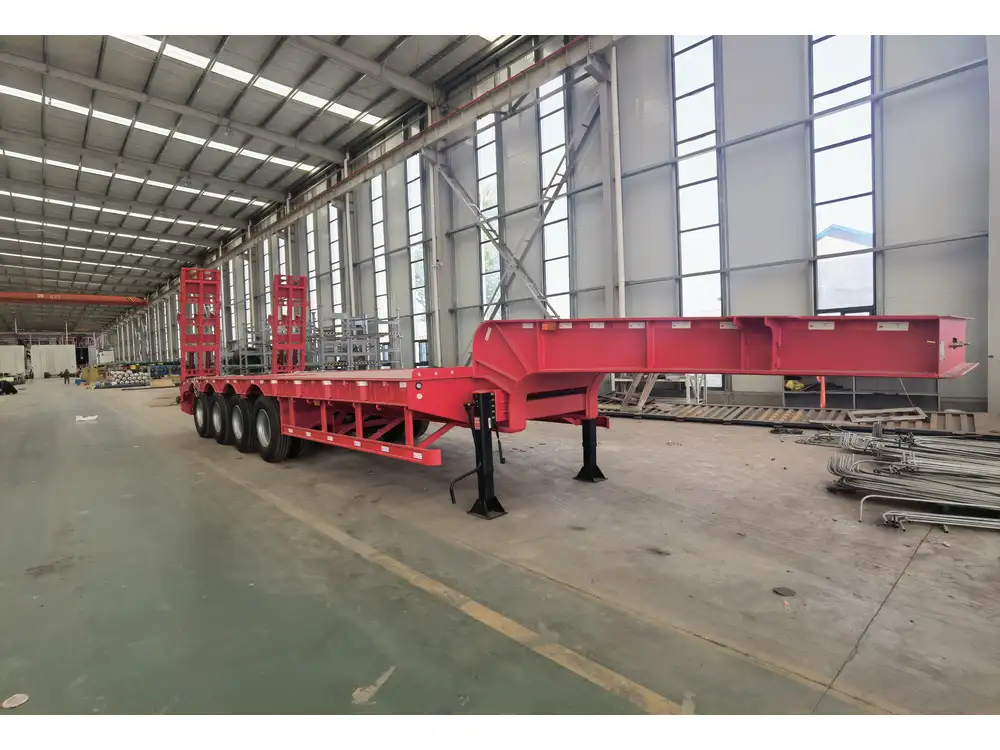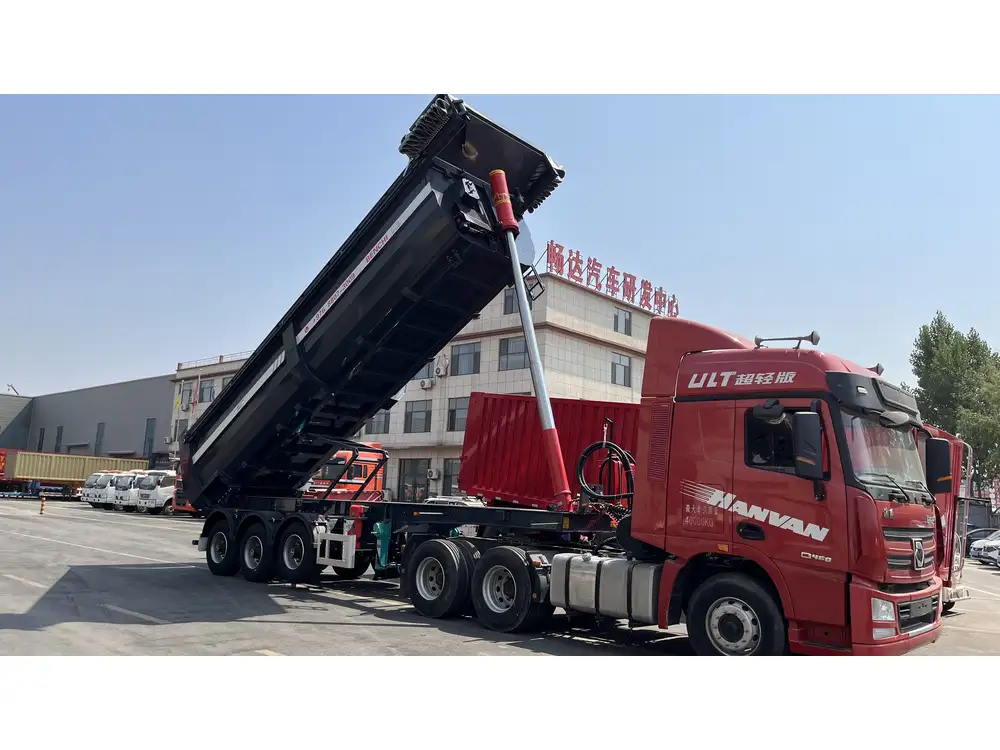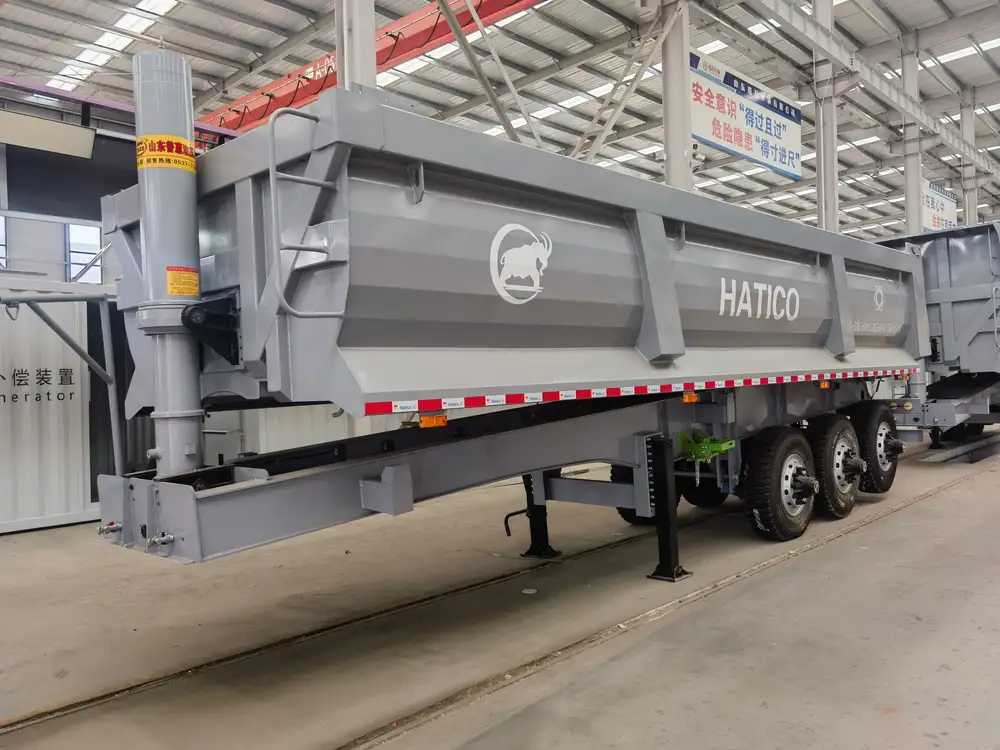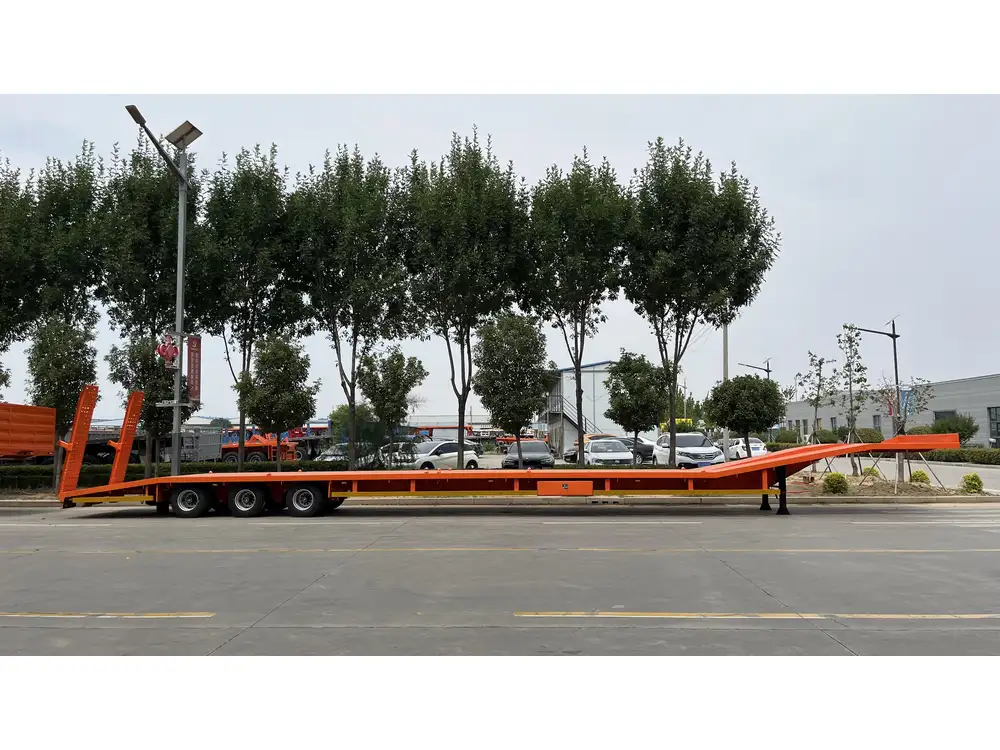When it comes to transporting materials efficiently and effectively, understanding the load capacity of your trailer is paramount. For those considering a 7 x 12 dump trailer, this comprehensive guide breaks down the essential aspects of load capacity, ensuring you maximize your trailer’s potential while adhering to safety regulations.
What is Load Capacity?
Load capacity, often termed payload capacity, refers to the maximum weight a trailer can safely carry. This weight includes both the cargo and the trailer’s own weight (also known as the “curb weight”). Knowing this limit is essential for safe and effective hauling, as exceeding it can lead to dangerous situations, including brake failure and reduced control.
Key Factors Influencing Load Capacity
Trailer Construction Material
The materials used in the construction of the trailer significantly impact its overall strength and durability. Typically, a 7 x 12 dump trailer may be made of steel or aluminum. Steel trailers often have higher weight capacities but can be heavier, while aluminum options are lighter and often rust-resistant but may have lower load capabilities.Axle Configuration
The number and type of axles on a trailer affect the load distribution and overall weight capacity. A dual-axle setup offers better stability and a higher weight limit compared to a single axle, which is crucial when carrying heavy loads.Weight Distribution
Proper weight distribution plays a critical role in a trailer’s load capacity. Unevenly distributed weight can lead to swaying and instability. Make sure that the load is evenly spread across the trailer to maximize safety and handling.Tire Load Rating
Each tire has a specific load rating, denoting the maximum weight it can support. Ensure that the tires on your 7 x 12 dump trailer are rated appropriately for the total load you plan to carry. Check the sidewall of the tire for its load index and ensure it complies with the overall capacity of the trailer.
| Factor | Influence on Load Capacity |
|---|---|
| Trailer Material | Strength, weight, and durability |
| Axle Configuration | Stability and overall weight limit |
| Weight Distribution | Safety and handling, preventing swaying |
| Tire Load Rating | Compliance with overall load capacity |

Calculating Your 7 x 12 Dump Trailer Load Capacity
To accurately determine your dump trailer’s load capacity, follow these straightforward steps:
1. Find the Gross Vehicle Weight Rating (GVWR)
The GVWR indicates the total safe weight of the trailer including both the load and its own weight. This information is usually displayed on a label located on the trailer. For a 7 x 12 dump trailer, GVWR typically ranges from 10,000 to 15,000 lbs.
2. Determine the Curb Weight
Curb weight is the trailer’s own weight when it is empty—without any cargo. This can also be found on the same label indicating the GVWR. For example, if the curb weight of your 7 x 12 dump trailer is 3,000 lbs, and its GVWR is 10,000 lbs:
Calculation:
GVWR – Curb Weight = Load Capacity
10,000 lbs – 3,000 lbs = 7,000 lbs
This means your trailer can safely carry up to 7,000 lbs of cargo.

3. Consider Additional Factors
- Tire Ratings: Make sure the combined load capacity of your trailer tires meets or exceeds the load capacity you calculated.
- Local Regulations: Different jurisdictions may impose specific restrictions on trailer weight. Confirm local laws before hauling significant loads.
Understanding Load Capacity Variations
Different Material Types Impact Load Capacity
- Steel vs. Aluminum: As addressed earlier, steel often provides greater strength and thus a higher load capacity. Aluminum, while being lighter and more rust-resistant, might require careful selection depending on load needs.

Single Axle versus Dual Axles
- Single Axle Trailers: Generally lighter and easier to maneuver, but they may limit load capacity. Suitable for lighter materials or smaller jobs.
- Dual Axle Trailers: Provide greater load capacity, stability, and more robust performance, making them ideal for heavier, bulkier loads.
Practical Tips for Maximizing Your Dump Trailer’s Load Capacity
Regular Maintenance
- Tire Checks: Regularly inspect tire pressure and wear. Overinflated or underinflated tires can affect load capacity and safety.
- Brake Maintenance: Ensure brakes are functioning correctly, especially if the trailer is frequently loaded to near capacity.

Loading Techniques
- Even Weight Distribution: Center heavy loads over the axles to promote stability.
- Stack Loads Carefully: If stacking, ensure heavier items are on the bottom and distribute lighter materials on top to maintain balance.
- Secure Loads: Use tarps, straps, or netting to prevent movement during transport.
Compliance and Legal Considerations
- Weight Limits: Be mindful of state and federal regulations on trailer weight limits, including bridge laws, which may restrict your maximum allowable weight on certain roads.
- Licensing and Registration: Ensure your trailer is registered according to local laws as this may affect your insurance coverage and legal liabilities.
Common Misconceptions About Load Capacity

Overloading Isn’t Always Obvious
Many trailer owners underestimate their load capacities and inadvertently exceed recommended limits. Always refer to the manufacturer’s guidelines for accurate specifications.
Load Capacity Isn’t Fixed
A trailer’s load capacity can vary based on its condition—deterioration over time from rust, damage, or wear can lower the total weight limit. Regular inspections can help detect these issues before they compromise safety.
All Capacities Are Not Equivalent
Understanding that not all trailers with the same dimensions can carry the same weight is essential. Variances in design, axle configuration, and materials can result in significant differences in load capacity.

Final Thoughts
Understanding the load capacity of a 7 x 12 dump trailer is crucial for safe and efficient operations. By focusing on the specifications, following best practices for loading, ensuring regular maintenance, and adhering to legal regulations, you can effectively maximize the utility of your trailer while minimizing risks.
Remember that each trailer model may present unique characteristics affecting its operational capabilities. Engaging with your manufacturer can also provide profound insights into optimizing your dump trailer usage to suit your specific needs, ensuring a reliable and productive experience whether you are hauling construction debris or landscaping materials.
Consider investing in education and training about load management if you’re involved in frequent hauling tasks. Resources such as local workshops, online courses, and guides can provide further insights into safely maximizing load capacities and enhancing your overall efficiency and effectiveness while on the road.
Ultimately, being well-informed enables you to make the best decisions, keeping both your trailer and cargo safe and secure, while ensuring compliance with all relevant laws and standards in the industry.



